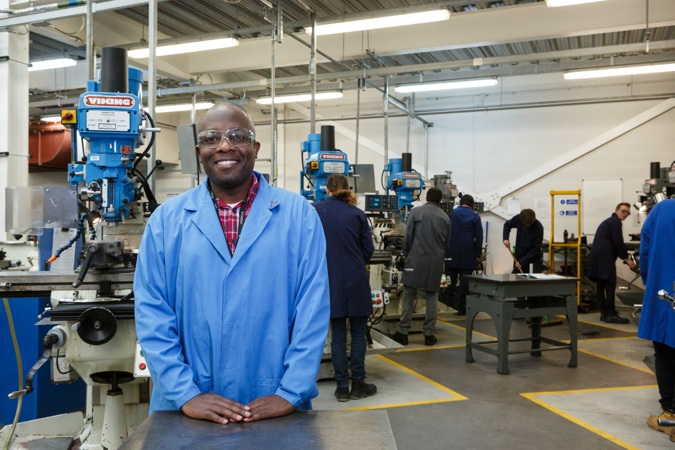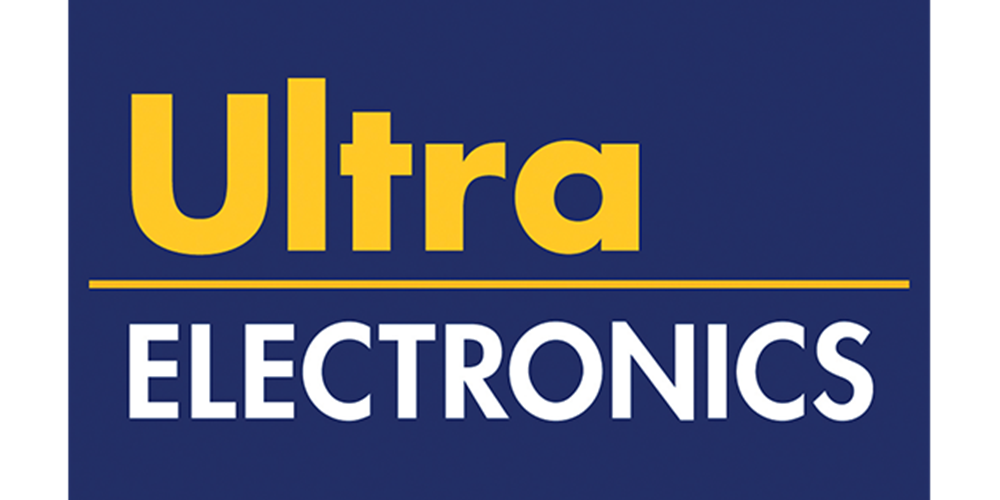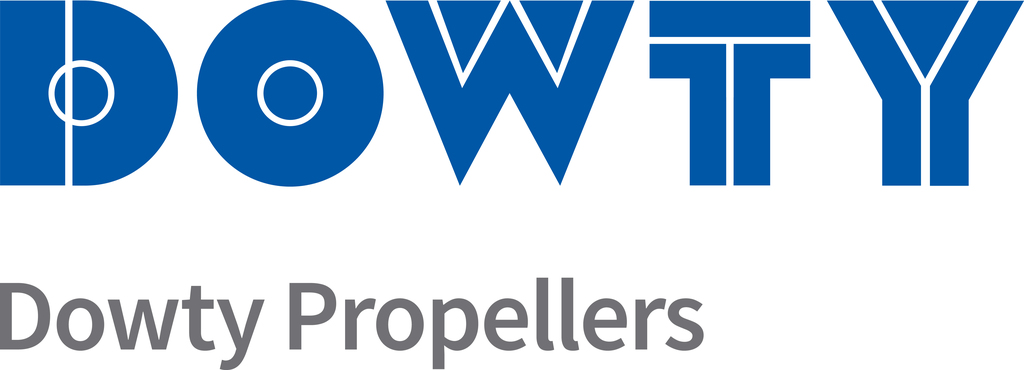What You Will Pay
Please select a course to see pricing information.

Machinists in the Advanced Manufacturing Engineering sector carry out highly skilled and complex precision work, including the setting-up, operating, and adjusting of equipment settings. This apprenticeship provides valuable experience in machining components from specialist materials; using
conventional and CNC machine tools such as centre lathes, vertical and horizontal milling machines,
horizontal and cylindrical grinding machines, electro-discharge machines, and single and multi-axis CNC machine tools.
Delivery model and duration:
Apprentices will attend college for two days per week over two years.
Training, assessments and observations will also be completed in the
workplace. This can be supported by some remote delivery if required.
Duration: 42 months
Ideal for:
• Machinist
• CNC Machinist
• Programmer/Machinist
• CNC Setter/Operator
The apprenticeship will cover
the following core areas:
• Understanding mathematical techniques, formula and calculation involved in the machining processes such as speeds and feeds, calculating angles/tapers, material removal
• Understanding the workholding devices, cutting tools, and setting up procedures, in adequate depth to provide a sound basis for carrying out the activities, correcting faults and ensuring the work output is to the required specification
• Producing complex and specialist components as a one-off test and trial work piece and/or producing components in small or large batches
• Contributing to the business by identifying possible opportunities for improving working practices,
processes and/or procedures
Benefits for learners
• Gain high level technical knowledge and practical experience
by combining on the job training with academic study
• Gain a valuable, national-recognised qualification
• Fill skills gaps in businesses
Components
• EAL Level 2 Diploma in Advanced Manufacturing Engineering
• EAL Level 2 Diploma in Machining
• EAL Level 3 Diploma in Advanced Manufacturing Engineering - Machining
• EAL Level 3 Diploma in Machining
• Functional Skills English at Level 2
Benefits to business
• Increase future productivity
• Keep the business up to date with the latest knowledge and innovative practice
• Deliver on the job training to employees tailored to business needs
• Develop and retain existing staff by offering support and a fresh perspective
End Point Assessment
The End Point Assessment will test the entire Standard, and be undertaken as follows:
• An occupational Competence Validation Interview (Viva) drawing from a portfolio of
evidence of occupational competence
• Professional competence assessment undertaken by independent assessor(s)
• Final employer endorsement of occupational and professional competence and overall
completion of the apprenticeship
| Knowledge | Skills |
| Understanding the importance of complying with statutory, quality, organisational and health and safety regulations |
Obtaining, checking and using the appropriate documentation (such as job instructions, drawings, quality control documentation) |
| Understanding of general engineering/manufacturing mathematical and scientific principles, methods, techniques, graphical expressions, symbols formulae and calculations used by engineering technicians |
Working safely at all times, complying with health, safety and environmental legislation, regulations and organisational requirements |
| Understanding the structure, properties and characteristics of common materials used in the sector |
Planning and where applicable obtaining all the resources required to undertake the work activity |
| Understanding the typical problems that may arise within their normal work activities/environment |
Undertaking the work activity using the correct processes, procedures and equipment |
| Understanding approved diagnostic methods and techniques used to help solve engineering/manufacturing problems |
Carrying out the required checks (such as quality, compliance or testing) using the correct procedures, processes and/or equipment |
| Understanding the importance of only using current approved processes, procedures, documentation and the potential implications for the organisation if this is not adhered to |
Dealing promptly and effectively with engineering/manufacturing problems within the limits of their responsibility using approved diagnostic methods and techniques and report those which cannot be resolved to the appropriate personnel |
| Understanding and interpreting relevant engineering/manufacturing data and documentation in order to complete their job role |
Completing any required documentation using the defined recording systems at the appropriate stages of the work activity |
| Understanding the different roles and functions in the organisation and how they interact |
Restoring the work area on completion of the activity and where applicable return any resources and consumables to the appropriate location |
| Understanding why it is important for an organisation to continually review their processes and procedures |
Reading and interpreting relevant data and documentation used to produce machined components |
| Understanding mathematical techniques, formula and calculation involved in the machining processes such as speeds and feeds, calculating angles/tapers, material removal |
Determining the most efficient and effective approach to machine the component using a range of tools, machining process and Techniques |
| Understanding the practical and theoretical uses of the machines used, and their applications |
Selecting and setting up the correct tooling and work holding devices |
| Understanding the work-holding devices, cutting tools, and setting up procedures, in adequate depth to provide a sound basis for carrying out the activities, correcting faults and ensuring the work output is to the required specification |
Setting and adjusting the machine operating parameters to produce the work pieces to the required specification. |
| Selecting and using a range of measuring and testing equipment to check components are to the required quality and accuracy |
|
| Produce complex and specialist components as a one off test and trial work piece and/or producing components in small or large batches |
|
| Contributing to the business by identifying possible opportunities for improving working practices, processes and/or procedures |
Individual employers will set the recruitment and selection criteria. Candidates will typically have 4 GCSEs at Grade C (4) or the equivalent, including Maths, English and a Science
Completers may want to progress to Engineering Apprenticeship Level 4 or HNC
Please select the specific course you would like to apply for.

Please select a course to see pricing information.
Engineering covers a wide range of careers and exciting job opportunities. You could work in communications, electrical or electronic engineering, manufacturing, mechanical engineering, medical technology, power systems and transport – to name a few!
Studying engineering at Gloucestershire College not only gives you the opportunity to get career-focused qualifications, but you’ll also have access to some of the best facilities available, which are vital to support study in this technology-based field.
Engineering is a key sector in Gloucestershire, so you’ll get excellent opportunities for work experience with our employer partners. You’ll also be in a great position to progress on to a range of higher apprenticeships, trailblazer degree programmes and foundation degrees that are validated by the University of the West of England, and delivered by the College at our Gloucester Campus.
















Check the progress of your application and find out everything you need to know about the application and enrolment process at GC.